If You Only Read Five Books in 2023...
An annual list of recommended books based on what I read last year
Welcome to another installation of my annual book recommendations based off what I read last year!1 As ever, the intention of these posts is to move away from the idea that there are books that should be read by everyone. While I read a lot, I don’t think prolific reading or reading certain books is a measure of someone’s intellect or worth. Reading is something I do because it brings me great joy, and that should be reason enough to read something. When I write these annual posts, my hope is that you will be able to find even one book in this list that will delight, amaze, or speak to you.
This year I am offering up twenty books, two trilogies, and two author recommendations out of the 120 books I read in 2022.2
The right book for the right person can be transformative but finding that book can be difficult. There are so many amazing stories and authors out there and a two star read for one person is someone else’s five star read. Writing is, after all, a form of art, and art is subjective.
Within this post I hope you find at least one book that resonates, and if you find five, all the better. The only book you should read is one you want to. There need not be any other reason than that.
Also, please leave a comment sharing any books you read in 2022 that brought you joy! I love a recommendation…almost every book on this list was suggested by someone I know or someone I follow.
New Amazing Author Discoveries
Margaret Owen
Little Thieves was one of the first books I read in 2022, and it set a high bar for my Fantasy picks! The book opens into immediate high stakes and great tension, establishing a fantastic protagonist and setting up an interesting world. I enjoyed it so much that I immediately went looking for more by Owen, and discovered the Merciful Crow duology. Again—these books bring you right into the world and action, establishing a wonderful protagonist and accompanying cast. With the Merciful Crow books, Owen brilliantly exposes how systemic oppression makes it difficult to divest from that system, even for those who opposed to it.
In the case of Little Thieves, she does a YA version of The Councillor (see fiction recommendations below) with her class analysis. Another bonus, Owen’s worlds are queer inclusive, with characters simply acknowledging various genders and sexualities exist and are normal!
I am stoked for the follow up to Little Thieves, Painted Devils, to come out in May this year.
SJ Sindu
As of this writing, SJ Sindu has five published books. In 2022 I read two of them: Blue Skinned Gods and Marriage of a Thousand Lies. Both are slow-paced character driven narratives that explore things like family obligation, individuation, and coming of age.
Blue Skinned Gods is a delightful tale of a boy raised to believe he is the avatar of the Hindu god, Vishnu. Through the story of her protagonist’s childhood, adolescence, and adulthood, Sindu presents a lot of ideas about the relationship between religion and exploitation. This is the kind of book you’d probably enjoy if you were raised in an intensely religious way and have since left organized religion.
Marriage of a Thousand Lies is a beautiful, albeit painful, coming out story. I often grumble about coming out narratives implying that the deceit of the gay person or their hesitancy to come out is somehow the cause of all the strife they felt, rather than a culture of homophobia and cisheteronormativity. Sindu weaves a story that gets at the complexity of coming out, and the multiplicity of ways society is the cause of the weight of fear too many queer folk carry about being honest about who they are.
If you like a solid character study that is fully immersive in the context of culture, family and society, these are wonderful books to read. I’ll definitely be putting more of Sindu’s work on hold at the library.
Fiction
Light From Uncommon Stars by Ryka Aoki
This is an unconventional wild ride of a fantasy sci-fi crossover save-the-world book that made me crave doughnuts3. Think Becky Chambers meets Octavia Butler meets Terry Pratchett but also completely original. The characters are delightful and weird. The set up and pay off throughout is exquisitely done. The entire concept is as clever as it is unique. It also has one of the best introductions to a trans character I have ever read, and an honest depiction of how white cis queers perpetuate oppression against trans and queer folks of colour.
This is a very readable book. The pacing is swift but not too intense and the formatting makes it easy to read a lot in a short time. I’d suggest it for anyone who is really struggling to read, who wants some excellent escapist storytelling.
The Councillor by E.J. Beaton
A protagonist with class awareness who also understands that monarchy itself is the problem, not just who happens to be the monarch? Sign me up.
If you enjoyed N.K. Jemisin’s Inheritance trilogy or Ann Leckie’s Ancillary series, you will love this book as much as I did. This is political fantasy at its finest. Bonus for kinky and queer content—some lines in this book made me snort laugh for their cheekiness and wordplay.
I enjoyed it so much I bought a copy because I will certainly be re-reading it. Also, good new, it’s installment #1! If you enjoy this book there will be more to look forward to!
Horse by Geraldine Brooks
Despite being an award-winning author, I’d never heard of Geraldine Brooks before getting Horse out of the library. I am not entirely sure how it ended up on my To Read list, but I am so glad it did!
This was a fascinating read, and a winning example of how to do historical fiction well. Brooks’ rich characters and smooth prose convey the intractable and complicated thread of colonialism in the United States from 1850 to the modern day. The contrast between what we can know about a thoroughbred horse versus a human being (when both are considered possessions of white men) builds throughout the narrative, delivering a powerful overarching message about who records history and who is left out and why.
This is a wonderful choice if you enjoy historical fiction or if historical fiction is a genre that usually doesn’t interest you because it’s too dry. It’s also great for white folks working on your anti-racist practice.
You Made a Fool of Death With Your Beauty by Akwaeke Emezi
I am immensely grateful to Akwaeke Emezi for writing this incredible love story. With this book, Emezi does to the romance genre what Octavia Butler did to vampires with Fledgling. They subvert the forbidden romance trope that usually is forbidden for good reason by having their characters have adult conversations—the characters actually talk honestly with each other instead of the tension being about miscommunication and trying to trick someone into a relationship! There are scenes that are all about setting boundaries, self-reflection, and understanding that compatibility runs much deeper than physical attraction and having a few things in common.
Emezi also explores how grief shapes a person, and the isolation we can feel until we find someone else who has been touched by loss in a similar way. Emezi captures how it feels when a relationship is right and good, and what it means to choose someone even when all the circumstances seem impossibly stacked against you.
The Bone Orchard by Sarah A. Mueller
The friend who recommended this book to me describes is as: “A fantasy murder mystery from the point of view of a Dissociative Identity Disorder system.”
I couldn’t summarize it better. Mueller weaves a compelling story of the ways we compartmentalize aspects of ourselves as a way to cope with trauma. This is a story of healing and community and connection wrapped in the cloak of dark fantasy—healing is possible and we don’t do it alone! I found it nearly impossible to put this book down, I was so compelled by the protagonist in all her different embodiments.
I can’t say I’ve ever read anything quite like this, but if you enjoy dark fantasy and want something a bit different, this is the book for you.
YA Fiction
I started writing a new book in November 2021 that focuses on a group of queer disabled kids who want to attend a queer youth camp. In preparation for writing, I sought out existing YA with disabled protagonists. The happy result is that all my YA recommendations have disability representation!
These are five excellent examples of how to write well-rounded, fully autonomous disabled characters that don’t fall into tropes or perform the role of inspiration for non-disabled characters. In fact, these representations go a long way to show how ableism functions as the antagonist in any disabled person’s life, and the level of self-advocacy disabled folks need to learn in order to have even their most basic human needs met.
As ever, I do not believe a good book can be restricted to a particular age group. I don’t suggest these here for teenagers, but for everyone.
A Quiet Kind of Thunder by Sara Barnard
Representation: Selective mutism, Deaf culture, BSL, cross-disability solidarity
Another surprise romance entry from someone who typically doesn't enjoy romance! The protagonist is selectively mute and learned British Sign Language4 to communicate when she is unable to verbally speak. When a Deaf student comes to the school, they are partnered up because of their shared language.
Not only is the romance quite sweet, but the book conveys the different layers to ableism and disability, particularly the ideas people have about disabilities that can be “fixed” versus the disabilities that we accommodate. I most enjoyed that this is a solidly written coming-of-age narrative combined with romance that doesn’t cast the romance as the thing the protagonist needs in order to be whole.
Out of my Mind by Sharon M. Draper
Representation: Cerebral Palsy, wheelchair user, non-verbal protagonist, assistive speech tech
Technically this is a Junior Book, not YA, but because it was the only Junior fiction I read all year, I’m popping it into this category.
The protagonist of this book is a young girl with Cerebral Palsy who is mostly non-verbal and uses a wheelchair. There is a lot to appreciate about the story Draper tells through the perspective of a character with a rich inner life. She weaves many threads to show how advocacy, access, and community play out in someone’s ability to participate and be seen in the world.
One of my favourite scenes in this book is the protagonist pointing out how odd it is that she has to prove she needs a particular piece of tech to help her “speak” when only someone who needed it would ever look for it.
This is the kind of book that has me imagining what the world would be like if we centre accessibility in everything. What if people didn’t have to ask to be included and simply were?
Good Kings, Bad Kings by Susan Nussbaum
Representation: Many different kinds of disabled kids with varying access needs based on cognition, mobility, and capacity for speech. Also cross-disability solidarity and a wheelchair using adult.
This is one of the best written YA novels I have ever read and it breaks my heart to know that Nussbaum died in April of 2022. I am glad she was able to get this creation out into the world though, and that I was able to find it.
Nussbaum’s brilliant use of a rich cast of characters highlights the abusive, exploitative nature of privatization of care for disabled folks. Her use of comedy throughout highlights the absurdism of a society that simultaneously claims to care about “special needs” kids while never listening to the actual experiences and requests of disabled folks.
This is one of those books I wish everyone would read, because while it is fiction, it tells a very true story about the institutionalization of the disabled and the necessary role of abled people in addressing and ultimately dismantling ableism.
A List of Cages by Robin Roe
Representation: ADHD and autism, both done with great care and respect. Avoids autism tropes! Also, cross-disability solidarity
This book was both emotionally intense and incredibly sweet. Roe has written a story centred around the friendship of two boys, one with ADHD and one who is autistic. My writing group often discusses the dearth of stories about friendships once you move out of Junior Fiction. Most stories focus on family tensions or romances, so it’s always exciting when I come across a book with a friendship at its core. It’s not just that this is a book about a frienship, but that this is a story of love between friends, two boys, no less! Heavy content warning, however, as this is also a book about caregiver abuse and the vulnerability of disabled folks when it comes to predatory behavior and manipulation by abled guardians.
Iron Widow by Xiran Jay Zhao
Representation: Chronic pain, mobility aids
Do you hate patriarchy with the fire of a thousand suns? Then this is the book for you!
This is a wild ride of a book with wicked pacing and an unapologetic protagonist. Zhao does not hold Wu Zetian back from railing hard against patriarchy in her quest for revenge. I was rooting for her from the moment of her introduction right to the final pages. Her experience of chronic pain was as relatable as her abject hatred for patriarchal control. I am giddy for the second installation to come out in August, 2023!
Series
Daughter of Smoke & Bone trilogy by Laini Taylor
Laini Taylor is the kind of author who writes fantasy in a way that makes me want to write a fantasy epic of my own. Taylor’s world building is off the charts and her plotting is admirably ambitious. Her concepts are original and compelling, and she introduces us to her fantasy world like N.K.Jemisin—throwing the reader into it without much exposition at all. Her characters are fantastically developed and a joy to follow through every installment.
Taylor is also a master of tension and plot twists. These are chunky books, but the pacing is perfect and the plots of each so compelling, I could not put them down nor get my hands on the next one fast enough. I particularly appreciate how Taylor shows that war is not actually a matter of “both sides are just as bad.” There is a difference between an oppressive dictatorship bent on enslavement and control of their own kind and others, versus collective resistance against being enslaved by fascist rulers. *AHEM*
This is the kind of series you could spend a year or a month reading. Good news, if you end up enjoying Taylor’s work, she’s pretty prolific so you won’t run out of books any time soon.
The Salvagers trilogy by Alex White
The first in this series came across my recommendations because of my love of Becky Chambers. While there are some similarities5, these are solidly action/adventure books rather than the cozy character reads Chambers writes. That being said, I am so glad I found these books because they were ridiculously fun and a great form of escapism from *waves hand at the world in general*.
White is into Formula 1 racing, something I couldn’t care less about, but their way of writing a race from the perspective of a character who can literally connect with the vehicle she is racing made me care! Also, White has answered the oft requested Very Tired 40-something protagonist6 called to save the world despite how Very Tired she is. I love the character of Boots and even though I’m yet a few years shy of 40, I felt her bone tired longing to just live on a farm somewhere while simultaneously not being able to ignore the fact that there is work to do to make the world a better place.
Memoir
What My Bones Know by Stephanie Foo
Initially, I didn’t like this book. The first few chapters, even with a warning from Foo that the content was going to be intense, were overwhelming to read. The writing also came off as a bit amateurish, unpolished, and lacking in reflection. However, after I got further in, the voice shifts along with Foo’s journey through therapy, and I realised the genius of her choice in writing this memoir as she did. The fast pace and detached voice of the opening of the book captures her disassociation, giving a visceral sense of her growth. The process of healing she went through is evident in the gradually more reflective, attached, and grounded writing in the latter half.
I think almost any human, whether you are a survivor of childhood abuse and trauma or not, would benefit from this book. Foo has gifted the world with a guide on how to find a good therapist7. This is also a solid narrative on why, no, actually, it is not the job of the child to extend the olive branch to an abusive parent. Birth and genetics does not mean we are obligated to keep in contact with an abusive relative. As a therapist once told my mum, “Ask yourself, if we weren’t related, would I choose to have them in my life?”
Bonus, apparently the audio book includes the actual recordings from her therapy sessions.
Gender Queer: A memoir by Maia Kobabe
A coming-of-age graphic novel about what it is to be gender queer. A lot of folks in my inner circle read this book in 2022, and we compared so many notes about the different moments Kobabe captures from eir childhood when e knew e was not a girl, nor a boy, but something entirely different. I love how Kobabe’s illustrations gave a launching off point for my queer kin and me to find commonality in our gender confused childhoods, which varied in how isolated we each felt. This book was like a retroactive gift for us to understand that we were not alone in how restrictive the language of gender was to us when growing up, whether from our families, our peers, or our faith communities. This book also made me appreciate how my family of origin let me be my little gender queer self.
I also include this as a reminder that graphic novels are great and absolutely count as books! If you like visual storytelling, check this one out.
Heavy by Kiese Laymon
Heavy is the kind of memoir that reaches into your chest, pulls out your heart to show it to you, and then shoves it back in completely changed. Laymon has written a contemporary offering in the lineage of James Baldwin or Audre Lorde. His work is honest, revealing, and raw in it’s profundity. I want to own a copy so I can underline passages and reflect on it throughout the rest of my life.
If you were moved by Terese Marie Mailhot’s Heart Berries, this is a memoir you will enjoy.
Sitting Pretty: The view from my ordinary resilient disabled body by Rebekah Taussig
This is one of those books I want to buy for everyone I know. Taussig brings anecdotes from her life alongside data she has access to as someone with a PhD in Disability Studies. This memoir exposes the myriad of absurd and frustrating ways ableism functions across all aspects of society. Her storytelling is as delightful and captivating as Harriet McBryde Johnson’s Too Late To Die Young, but in the setting of public education and academia, rather than law.
I’m hard pressed to limit this book to a particular reader. If you are a human being who wants to be more aware of ableism and how to dismantle it, which really at this point ought to be all of us, then this is an excellent book to read!
Greedy: Notes From a Bisexual Who Wants Too Much by Jen Winston
Any writer will tell you, writing humour well is a challenge, and Winston nails it with this memoir. The messiness and weirdness of coming out are personal to everyone, but Winston manages to capture the general vibes on the path to finding a label that works for something as undefinable as sexuality, and subsequently, gender.
This is a great read for any queer person, but especially for bisexual folks. In fact, I want to buy this book as an affirmation gift for every bisexual and pansexual person in my life. You are valid! Your stories matter! IT IS NOT A PHASE8
Non-fiction
We’re Not Broken: Changing the Autism Conversation by Eric Garcia
While this book has been classified as a biography, it is anything but, which Garcia himself says in the opening pages. This wonderful essay collection of personal stories and interviews is a journalistic gift for and by the autistic community. The many voices Garcia uplifts and amplifies demonstrate that autism is simply one particular way of being human. This book is a solid installation in the fight to stop pathologising human differences and instead expand our ideas to embrace neurodiversity.
Garcia has captured the variations of experience and access needs within the autistic community, and demonstrates why there can be nothing about us without us. As one of the first, I hope it is soon joined by many others as an example of why no decision, policy, or mandate meant to support a community should ever be made without direct input from that community.
If you are autistic or you think you might be, or you have autistic people in your life, this is a book worth reading.
What We Don’t Talk About When We Talk About Fat by Aubrey Gordon
Am I a major stan of the Maintenence Phase podcast?
Yes.
Have I managed to bring up something I’ve learned from the podcast in at least 60% of the conversations I’ve had this year?
Definitely
Do I have a crush on Aubrey Gordon?
Absolutely!
So, of course I was going to pre-order this book and her next and of course I read it in two days because it is that digestible (PUN INTENDED!)
I used to think I was a pretty open and kind person who was in no way anti-fat. This is laughable to me now, of course, especially when I consider what I know about oppressive systems constantly asserting their messages and that none of us, no matter how good and kind and aware we believe ourselves to be, is immune to that. Enter Aubrey Gordon, fat lady about town, to give us a crash course on the pervasiveness and harm of anti-fatness.
Everything you think you know about health and wellness is based off of bogus, debunked studies and zombie statistics made up out of thin air by thin people who hate fat people! Everything you think you understand about weight gain and loss is way more complicated than diet books, health gurus and headlines makes it out to be! Anti-fatness is proven to be a significant and dangerous factor in health and well-being while fat itself has been proven to be pretty neutral or even beneficial! Truly, the single greatest takeaway I can give to you is that bullying people for being fat is far worse than them being fat. Learn all about this and so much more with this book!9
Undrowned by Alexis Pauline Gumbs
This may be a thin book, but it is a powerfuly spiritual work worth taking ones time with. My partner and I read Undrowned to each other over many weeks, a section at a time, just before bed. It’s the sort of book that invites ritual like that. It calls us to be present with our interconnected reality and the abiding fact that not a single human being is apart from nature. It’s beautiful and profound.
Read this if you need a reminder of how beautiful and magical the world can be, and that you are as much a part of nature as a dolphin, a seal and the ocean.
My Body is Not a Prayer Request: Disability Justice in the Church by Amy Kenny
Sprinkled with puns, this is an unflinching example of calling in the community you belong to as a way to address and eventually dismantle a system of oppression. Kenny holds nothing back in calling out the multitudinous ways Christian communities contribute to and uphold ableism.
Kenny provides excellent examples of how Christian communities serve ableism but she also offers clear guidance on how to challenge the insidious messages of ableist culture. I’m not a Christian, but as a Buddhist, I know what it’s like to come up against ableism in a religious context and nothing in this book can’t be applied to any organization, religious or otherwise.
An excellent resource for folks committed to Disability Justice, abled or disabled.
Caste: The Origins of our Discontents by Isabel Wilkerson
The Warmth of Other Suns was one of the most influential books I read when I first started developing a practice of anti-racism. Once again, Wilkerson has written a book that captures the full complexity of race in America without it being intensely academic and dry. This easy-to-read book exposes the core of what feeds and sustains systemic oppression in the USA (and ultimately in any white dominant country) through the lens of caste.
I most appreciated the simplicity with which she answers the oft asked question of (usually white) Liberals: Why would poor white Americans vote against their own interests? They don’t. They vote to uphold a caste system on which they are at the top regardless of class. It is entirely in their interests to vote for anyone committed to upholding white supremacy even at the high cost of social services, sustainable infrastructure, and stronger communities.
This is a brilliant book. I will be buying copies to gift. I highly recommend it to anyone committed to anti-racism, particularly if you struggle to understand the choices of white voters.
It was legitimately difficult to keep this list as short as I did. If you’d like to look at other books I read, you can see my full 2022 reading list on GoodReads. I could have easily listed at least ten other books here as 2022 was a year of almost entirely four and five star rated reads for me.
Let me know in the comments what books you enjoy this year!
I wrote the first of this kind of blog in 2017, and it’s become an annual tradition I really look forward to!
This is the most books I’ve read in a year since I started tracking. I have a theory that stress does one of two things to people’s reading habits: It makes reading near impossible because focusing is so difficult or it makes reading a necessity because the need for escapism from things beyond our control is so intense. I super needed escapism in 2022.
As someone who became celiac when I was nineteen, I cannot express how much I wish I could have a super light, airy doughnut you can eat in just a few bites. Like Long Johns or chocolate dipped. The only gluten free doughnuts you can get are the cakey kind.
BSL is different to American Sign language is a lot of ways, but most notably in the alphabet. Where ASL fingersigns the letters with one hand, BSL uses two. As my BSL instructor said, ASL is superior in that way because you can still have a conversation while holding a drink.
I think the title naming convention is the strongest similarity between these books, in all honesty.
As opposed to the tropey Chosen One Teenager called to save the universe.
I can’t say this enough: Often a bad therapist is worse than no therapist. Therapists work for you. If your therapist isn’t serving you, you should fire them.
Of course the funny thing about this is that when I first came out, it was as bisexual, but that’s not a label I identify with anymore. From the cisheteronormative lense, this means I was “Really gay all along.” From the abundant gorgeous rainbow lens of the QILT2BAG, this means that the vocabulary I had access to before I realised I wasn’t straight was severely limited. Once I had access to community, and witnessed for myself how sex, gender, and sexuality aren’t binaries but an intricate four dimensional hyper cube, I realised “queer” fit me better. Also, no one is in a fixed state. Change is constant. EVERYTHING is a phase.
You can also mainline Maintenance Phase, which I highly recommend. I challenge anyone to listen to even five episodes and not start noticing the abysmal pass we give thin people for treating fat people like shit for no other reason than they exist.





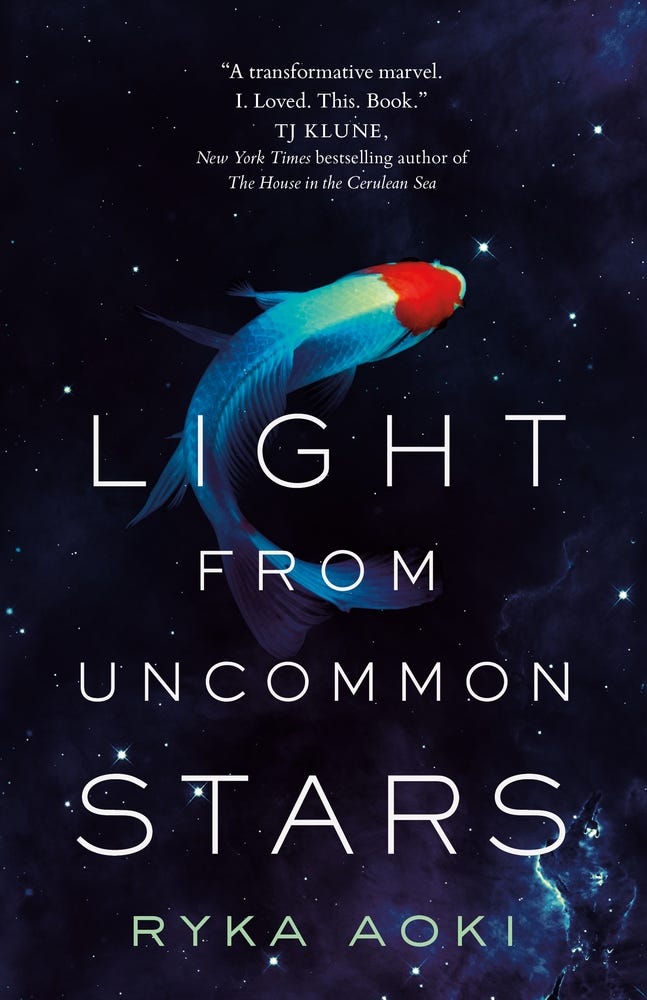


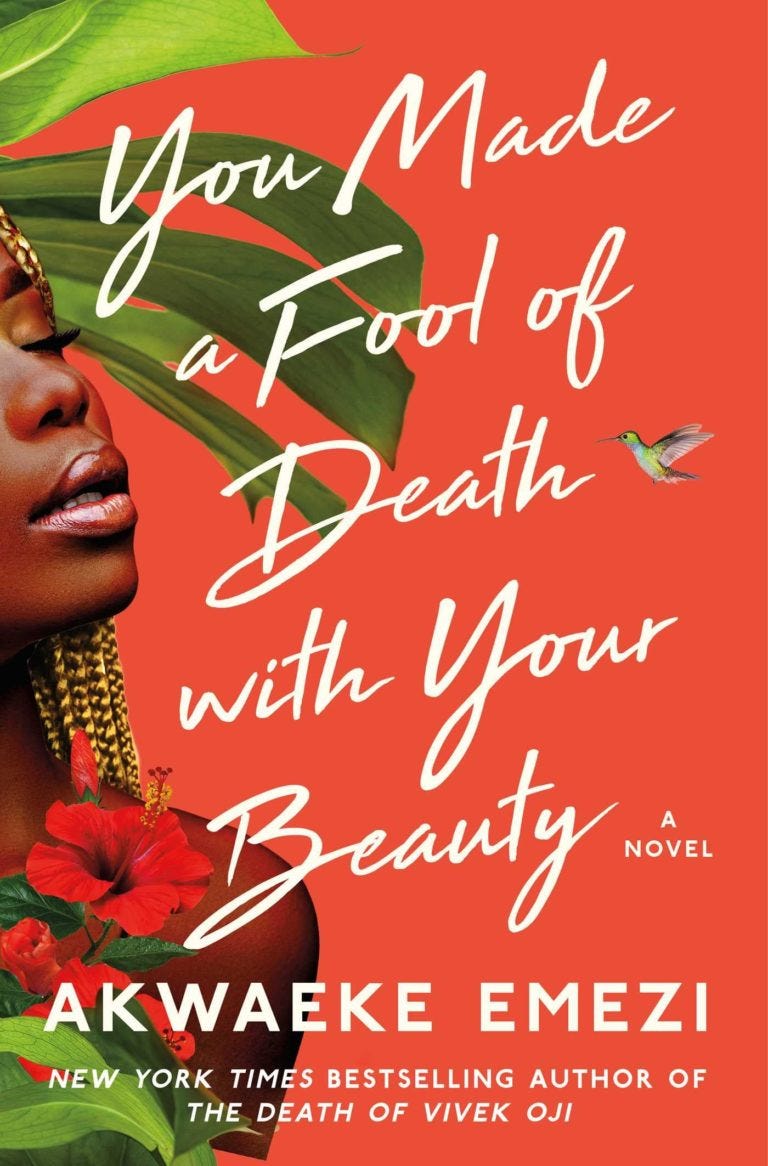

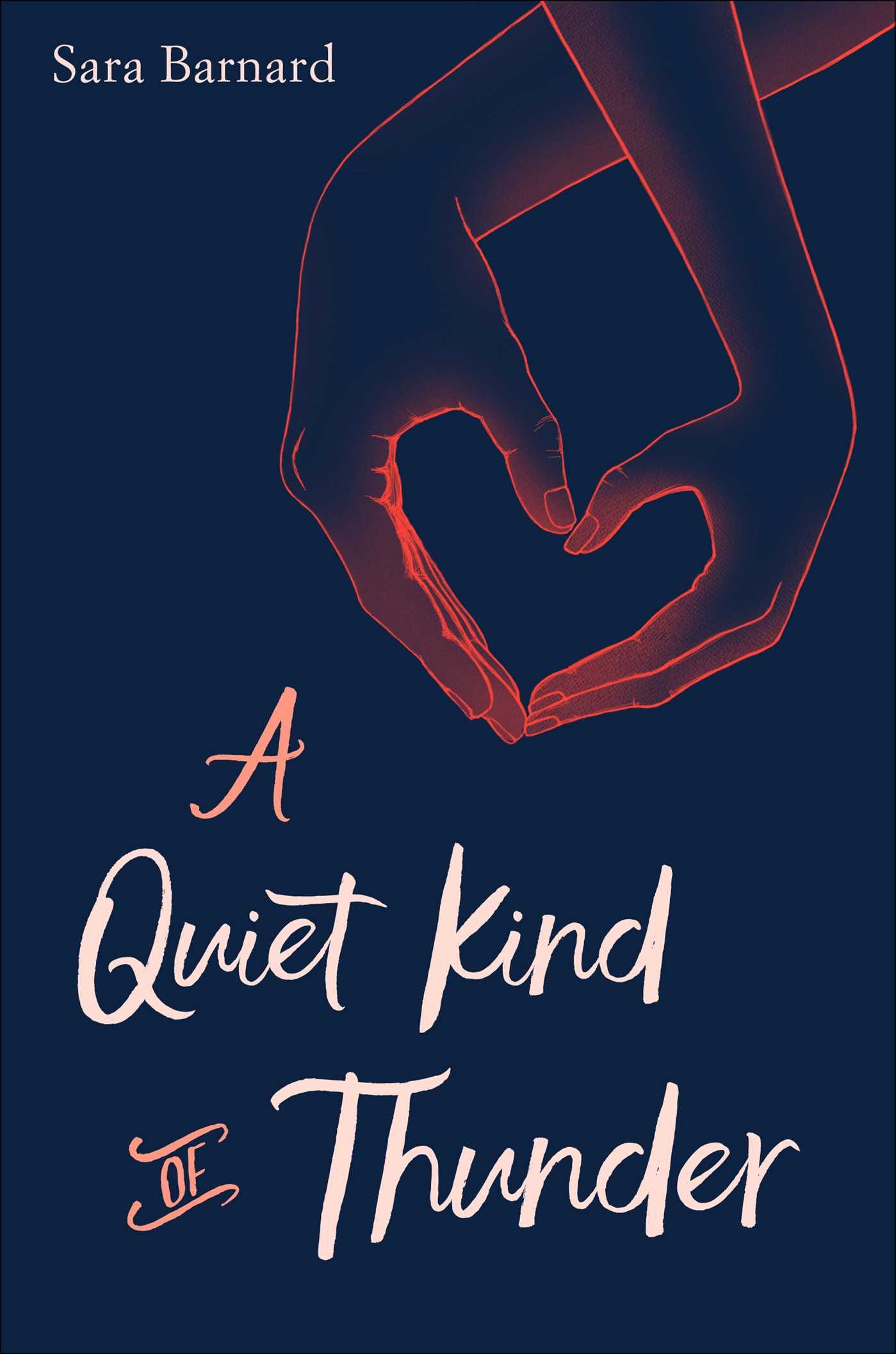


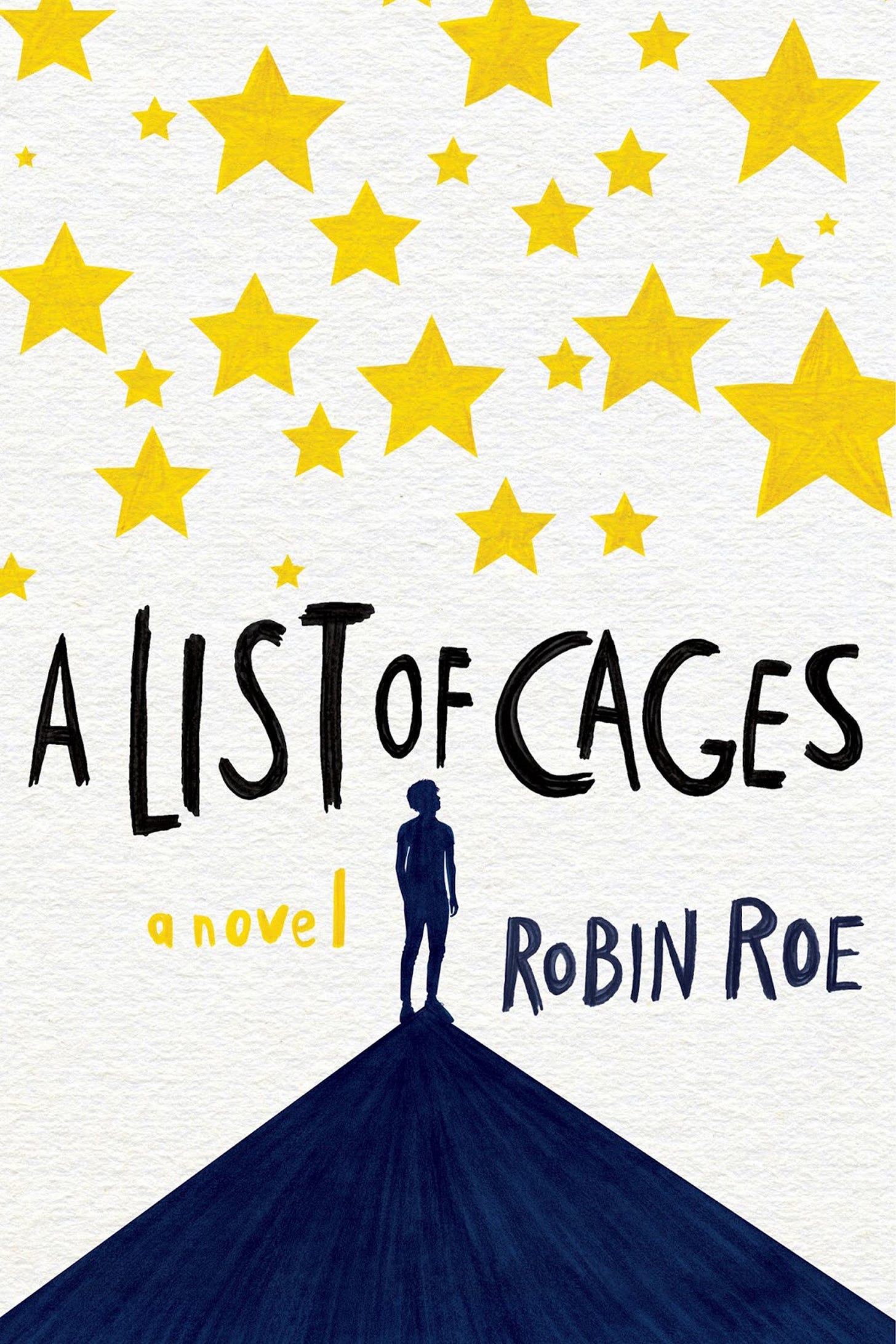
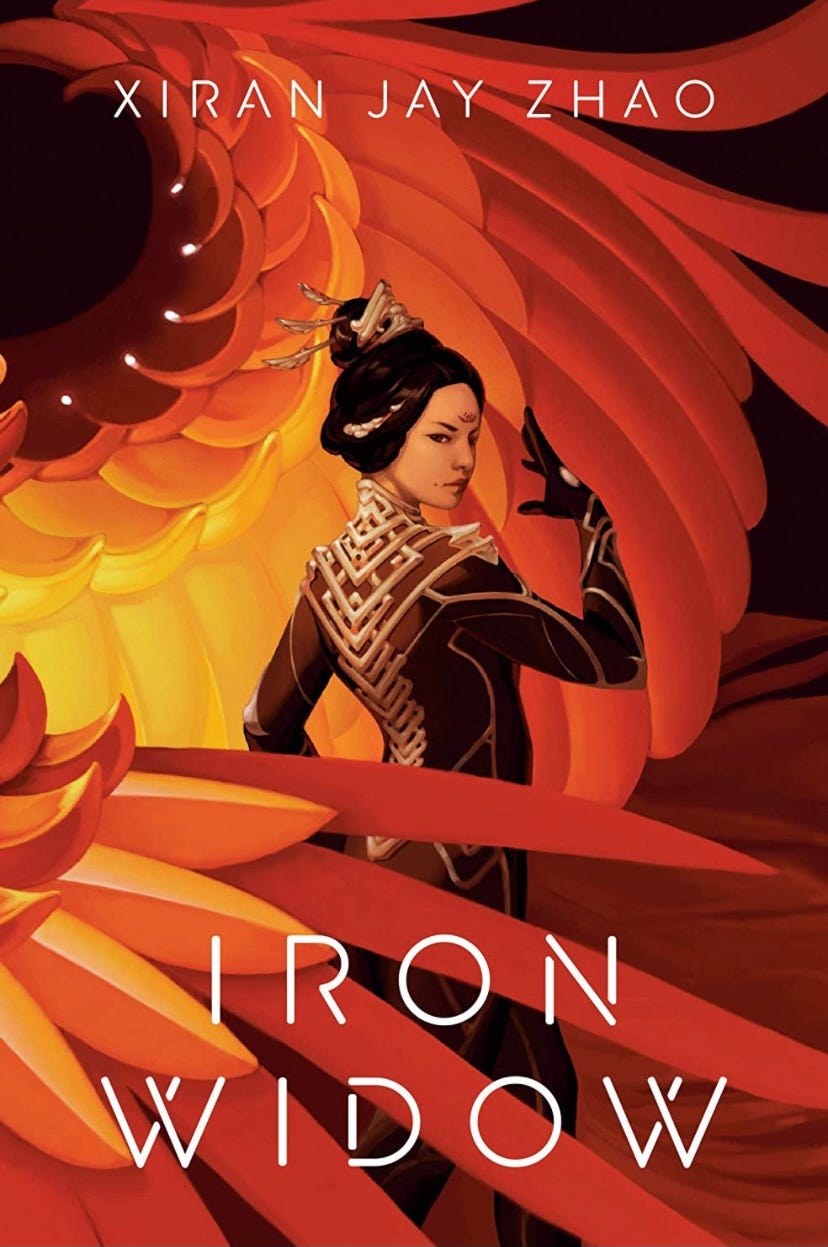

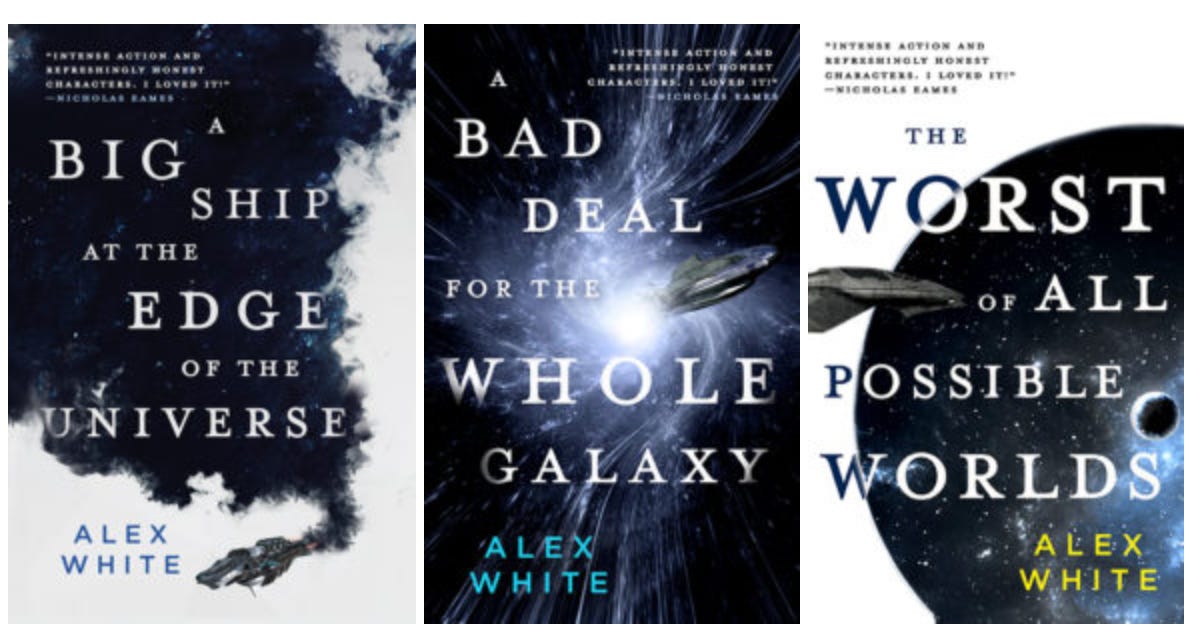


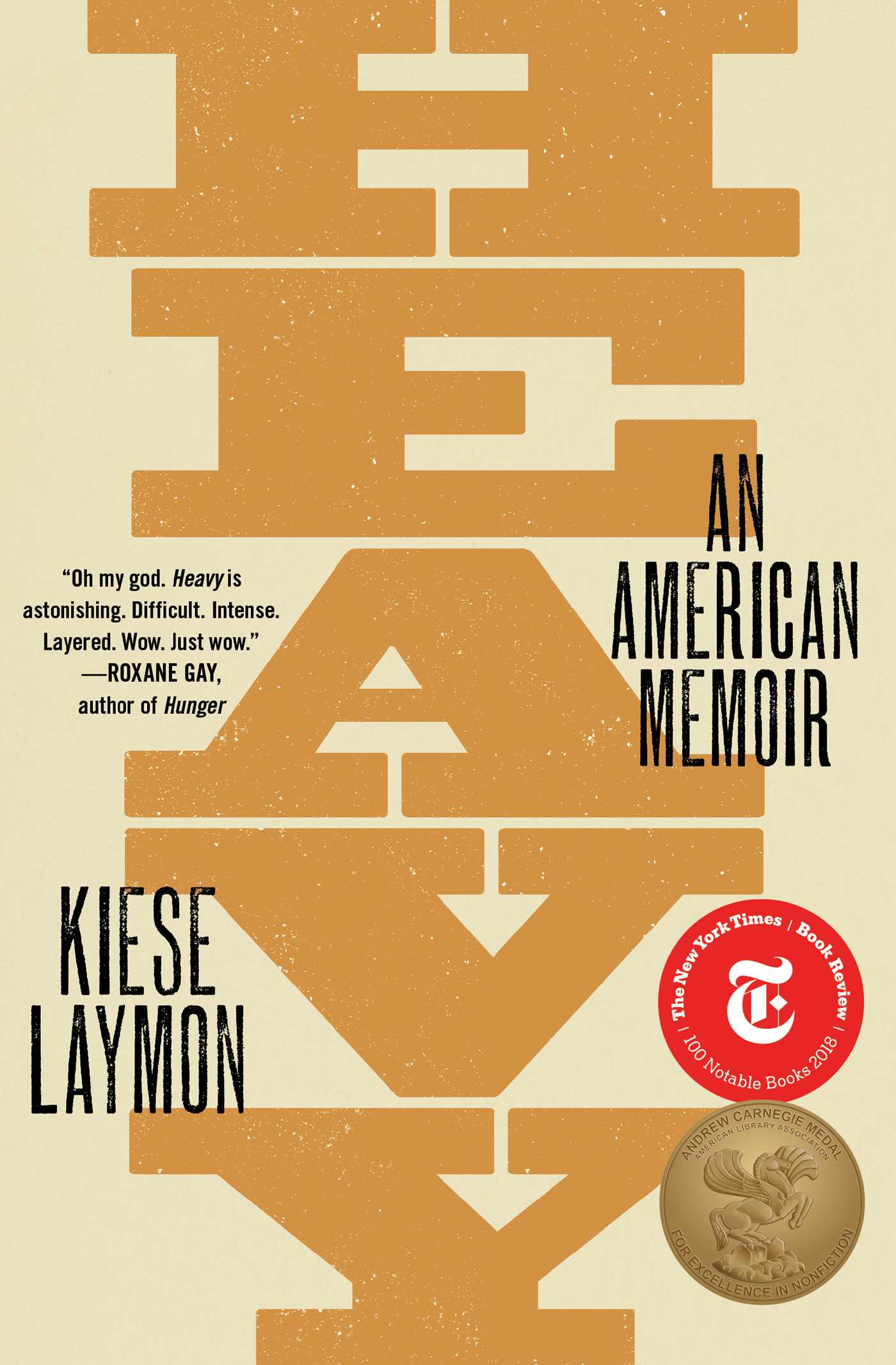








Your GoodReads notifications about what you are reading always intrigue me, so thank you for wrestling up this fabulous list of the best of the year. Book recs are the best recs! 😊